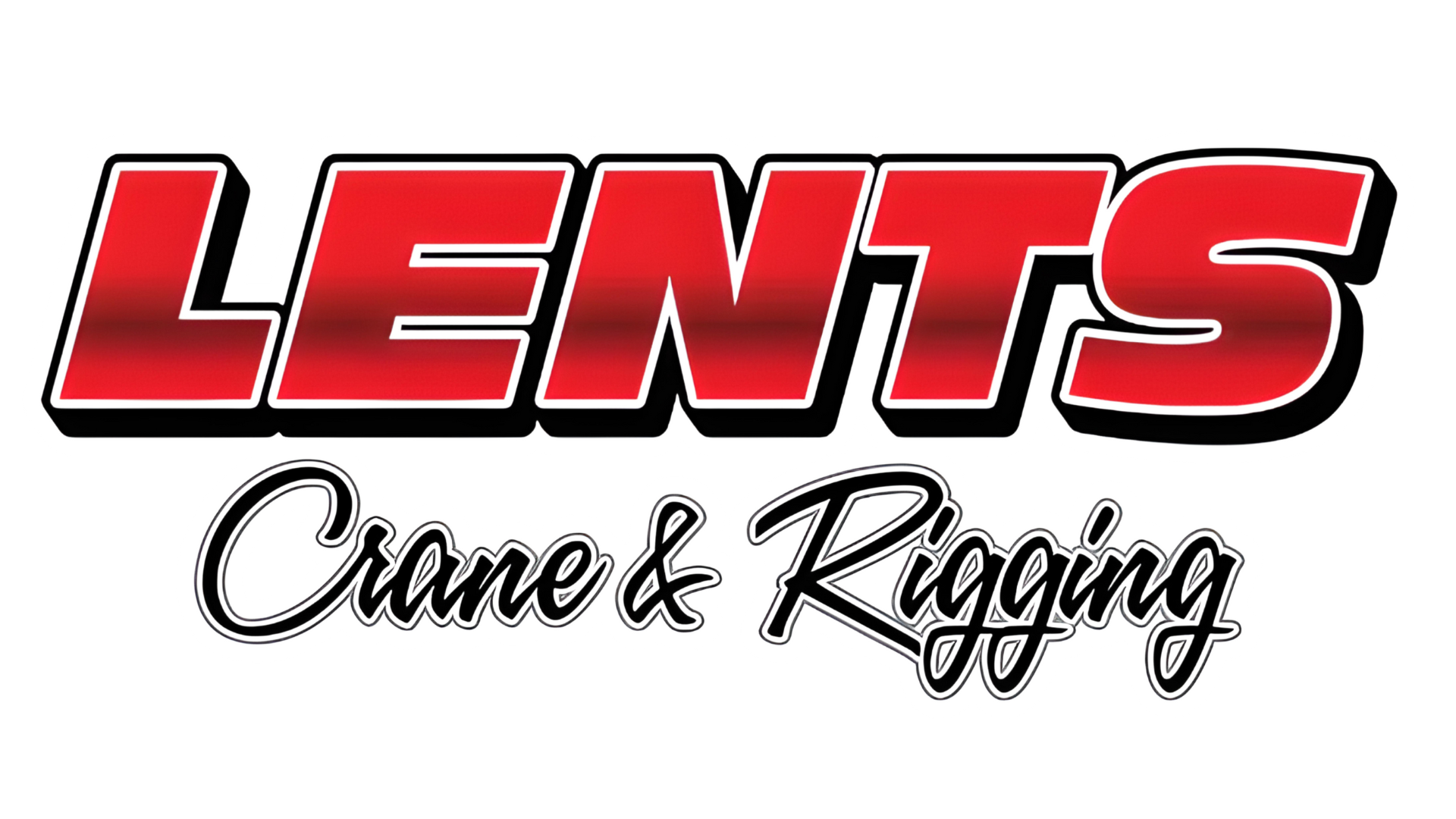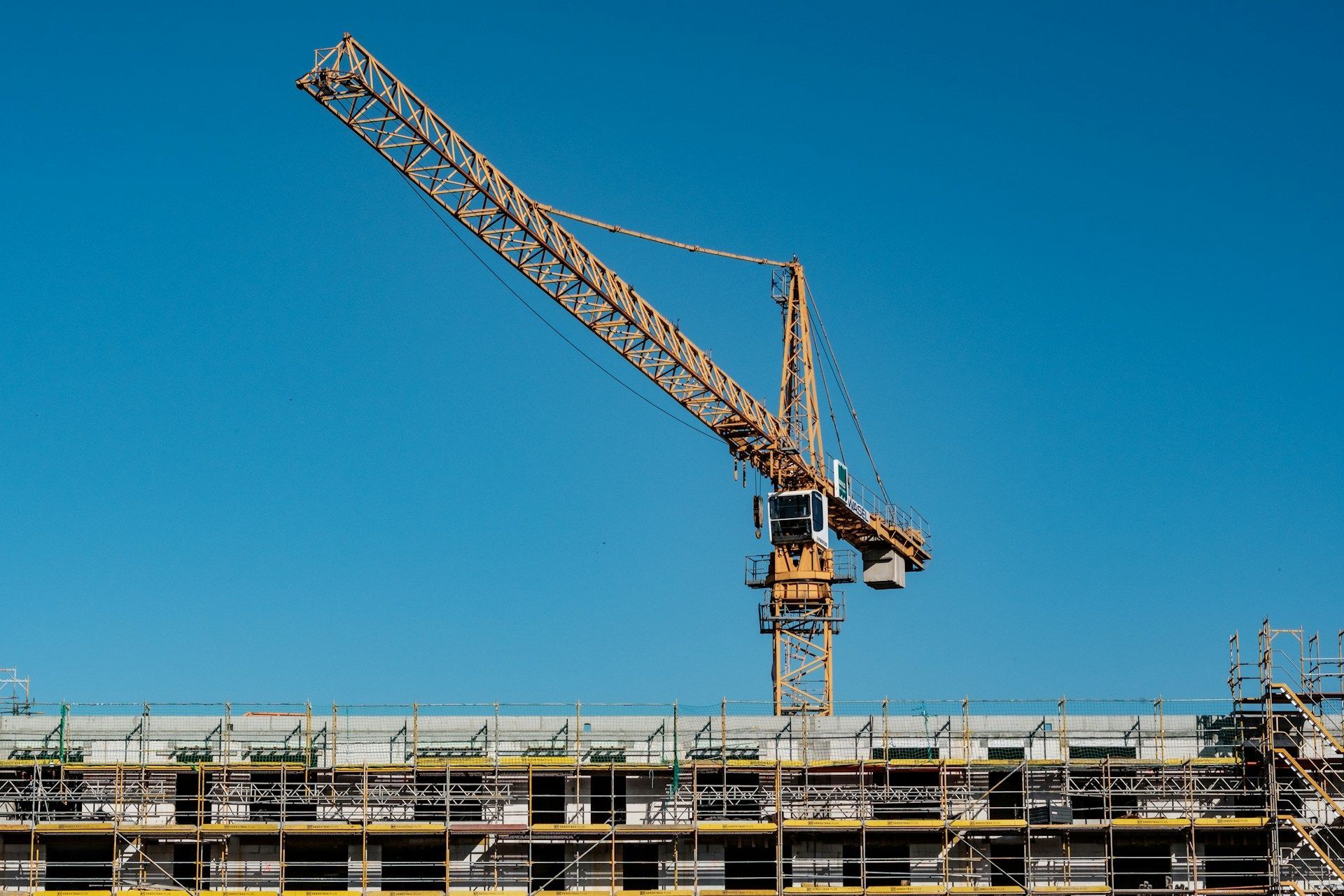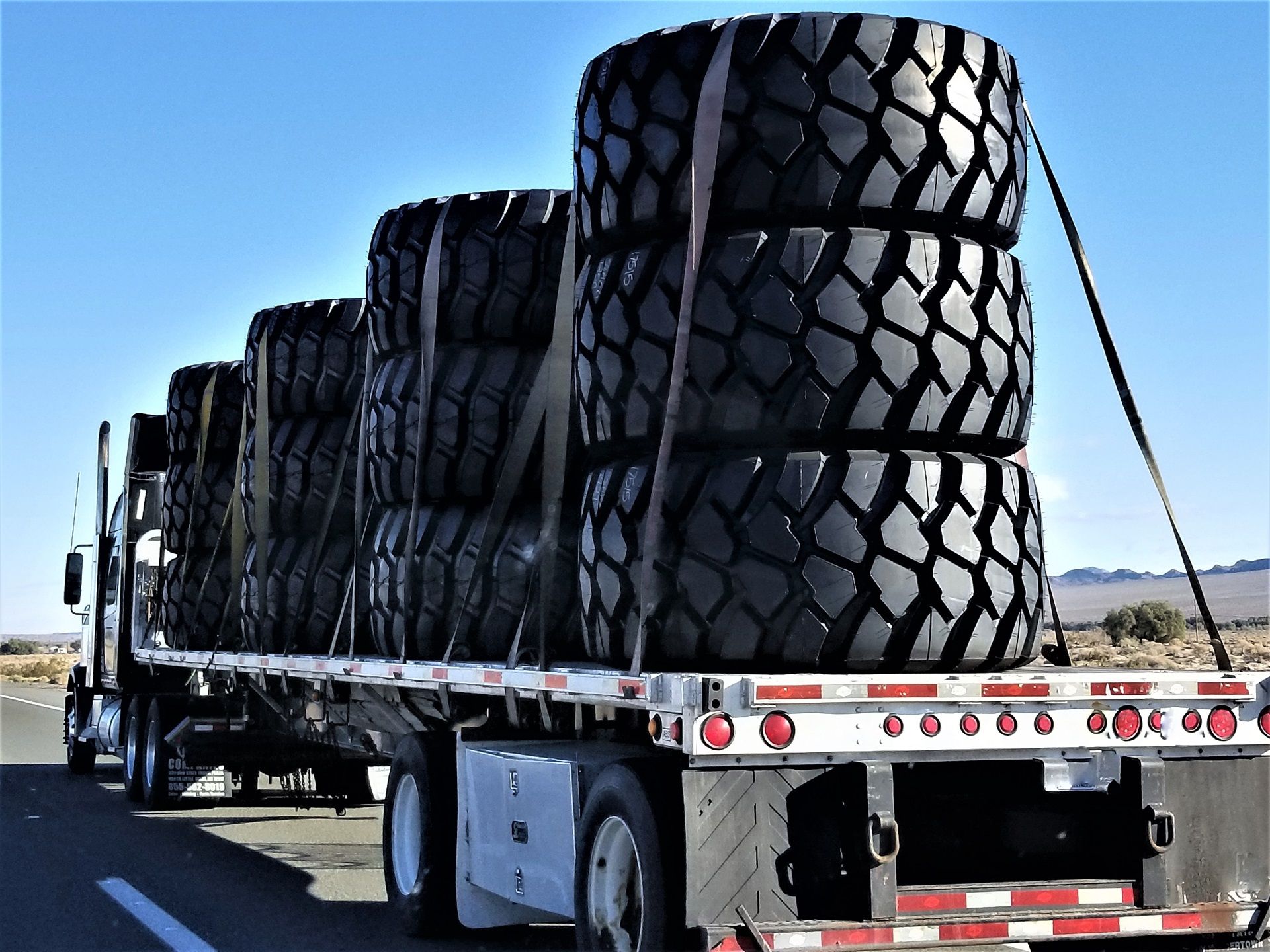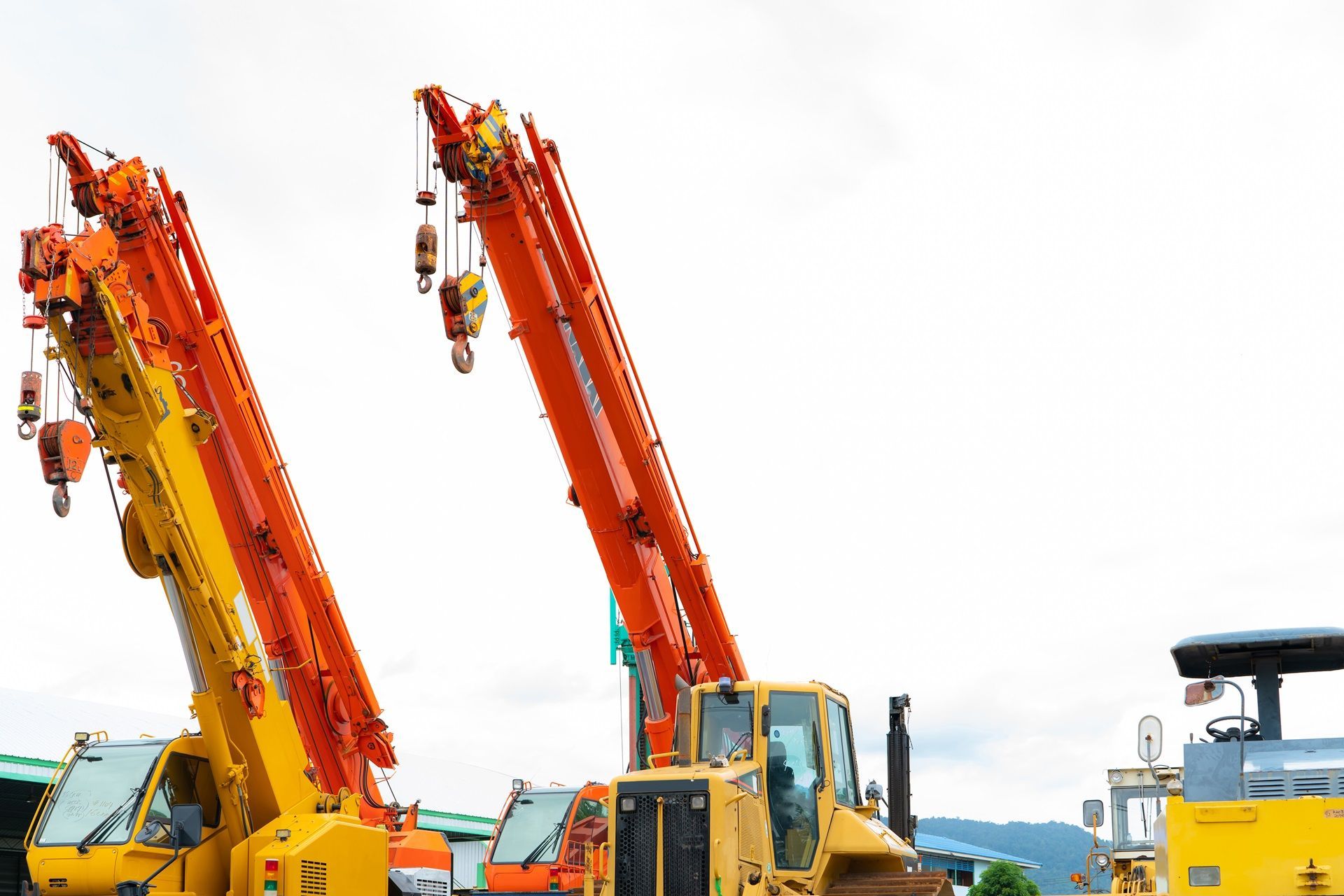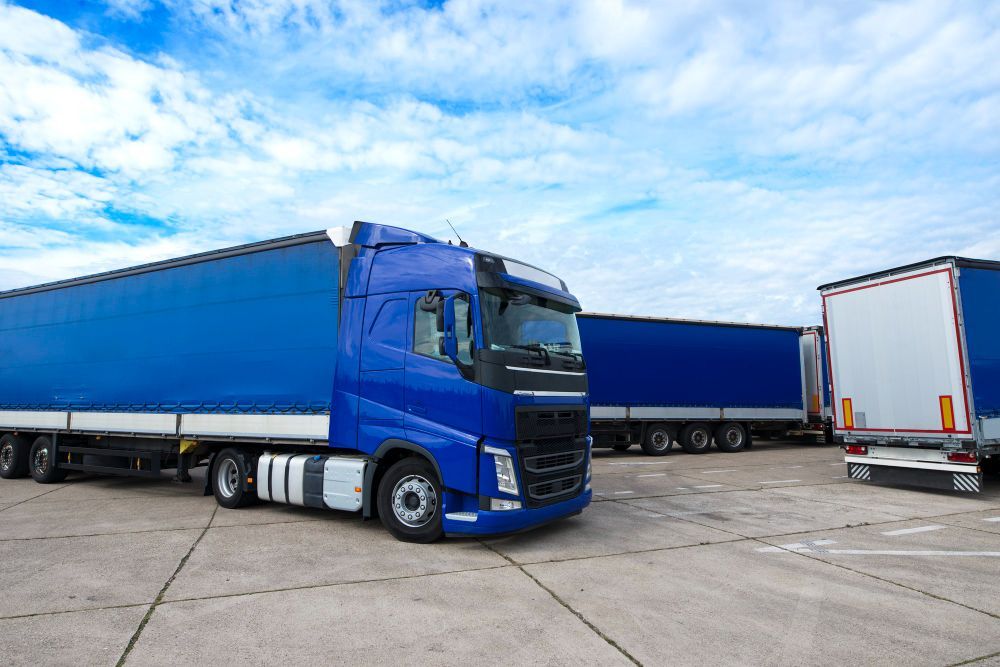Efficient Forklift Operation: Tips for Maximizing Productivity and Safety
Forklifts play an indispensable role in various industries, handling material transportation, storage, and organization with ease. As the backbone of many warehouses and construction sites, efficient forklift operation is critical to maintaining productivity and ensuring a safe, well-organized work environment. Whether you're an experienced forklift operator or new to the industry, staying abreast of best practices and the latest technologies is essential to optimize forklift operations and maximize their benefits.
We pride ourselves on being your comprehensive source for forklift services, crane rentals, and heavy hauling in the Midwest. Our extensive experience and dedication to excellent customer service enable us to provide you with top-quality forklift recommendations, as well as impeccable crane installation and maintenance services tailored to your unique needs. We understand the vital role that efficient forklift operations play in your daily work processes and are committed to assisting you in realizing the full potential of these versatile machines.
In this informative article, we will explore various strategies and tips to help you maximize the productivity and safety of your forklift operations. From selecting the right forklift for your needs to implementing proper handling techniques, these insights aim to empower you to streamline your material handling processes while maintaining a culture of safety in your warehouse or jobsite. Discover how these actionable tips can impact the overall efficiency and success of your operations, setting you apart as a leader in your industry.
Choosing the Right Forklift for Your Needs
Selecting the appropriate forklift for your specific requirements plays a crucial role in optimizing the efficiency and safety of your operations. A well-chosen forklift can significantly impact the productivity of your warehouse or jobsite. Consider the following factors when selecting the most suitable forklift:
1. Load Capacity – Assess the maximum weight your forklift will need to handle, ensuring you choose a model with a sufficient load capacity.
2. Lift Height – Determine the necessary reach and maximum lift height required for your operations, taking into account the storage or stacking needs of your materials.
3. Work Environment – Consider the physical constraints and conditions of your work environment, such as available space, floor surfaces, and work temperature requirements.
4. Power Source – Forklifts are typically powered by either electric batteries or combustion engines using propane, diesel, or gasoline. Evaluate the pros and cons of each power source based on your specific needs and preferences.
Effective Forklift Handling Techniques
Proper forklift handling techniques are essential for increasing productivity, reducing operational risks, and maintaining safety in your workplace. Operators should adhere to these best practices:
1. Load Handling – Always ensure loads are properly balanced, secured, and are within the forklift's load capacity before lifting or moving.
2. Traveling Safely – Operate the forklift at safe, controlled speeds, maintain visibility at all times, and avoid making abrupt changes in direction or sudden stops.
3. Worksite Communication – Foster a culture of open communication in your work environment, encouraging operators to signal their intentions and communicate potential hazards with coworkers.
4. Proactive Inspection and Maintenance – Regularly inspect and maintain your forklifts to prevent breakdowns, minimize the risk of accidents, and ensure optimal performance.
Enhancing Warehouse and Jobsite Efficiency
Efficient forklift operation can significantly impact the overall efficiency of your warehouse or jobsite. Implement these strategies to optimize your material handling processes:
1. Organized Layout – Design the layout of your work environment to facilitate smooth, efficient forklift operation, minimizing the need for unnecessary movement or repetitive tasks.
2. Inventory Management
– Develop and maintain a comprehensive, organized inventory management system that tracks the location of your materials, enabling faster retrieval and reduced downtime.
3. Operator Training – Invest time and resources in training your forklift operators, ensuring they are well-versed in proper handling techniques, safety protocols, and your unique operational requirements.
4. Scheduling and Coordination – Establish clear schedules and processes for coordinating forklift operations with other activities, minimizing conflicts, delays, and disruptions to productivity.
Promoting a Culture of Forklift Safety
Safety must be a top priority in any workplace utilizing forklifts. To create and maintain a culture of safety, consider implementing these initiatives:
1. Forklift Operator Certification – Ensure that all forklift operators have completed a training and certification program in compliance with regulatory requirements, equipping them with the knowledge and skills to operate safely.
2. Regular Safety Reviews – Conduct routine safety reviews and evaluations, addressing any areas of concern and reinforcing safe forklift operation practices.
3. Ergonomics and Comfort – Optimize operator comfort with ergonomic forklift designs and features, reducing the risk of fatigue or injury and promoting productivity.
4. Accident Response Plan – Develop a comprehensive plan for addressing accidents involving forklifts and ensure that the plan addresses proper reporting and investigation processes, as well as actions to prevent future incidents.
Conclusion
Efficient forklift operation is essential for maximizing productivity and safety within your warehouse or jobsite. By selecting the right forklifts for your needs, implementing effective handling techniques, and fostering a culture of safety, you can significantly improve the efficiency of your material handling processes. The vital role forklifts play in various industries makes it crucial to continuously refine and optimize operations to maintain a competitive edge.
When you need comprehensive forklift services, crane rentals, and
heavy hauling
solutions in the Midwest, turn to Lents Crane & Rigging. Our expert team is dedicated to providing you with tailored recommendations and impeccable customer service, helping you enhance your operations and embrace the full potential of efficient forklift handling. Contact us today to learn more about our services and discuss your specific forklift requirements.
Contact Us
Contact Us
We will get back to you as soon as possible
Please try again later
